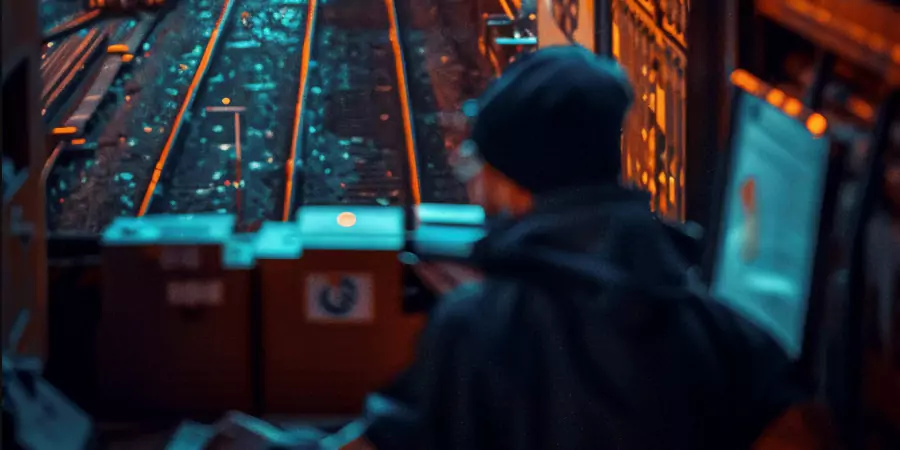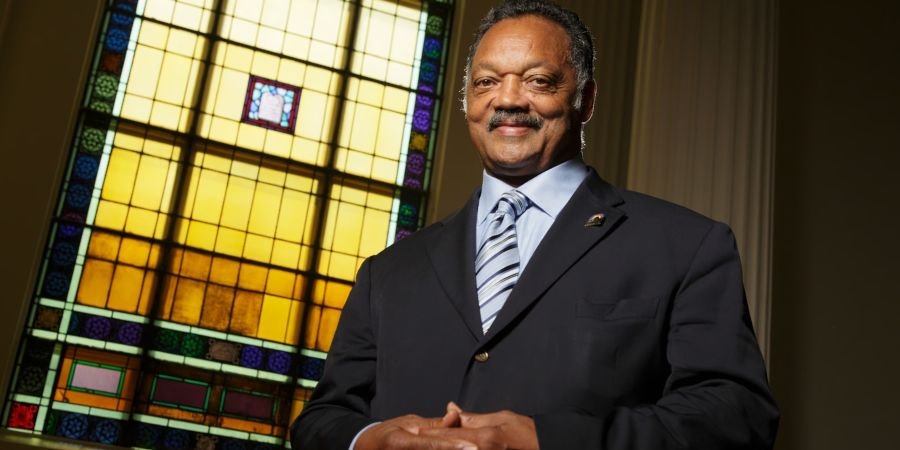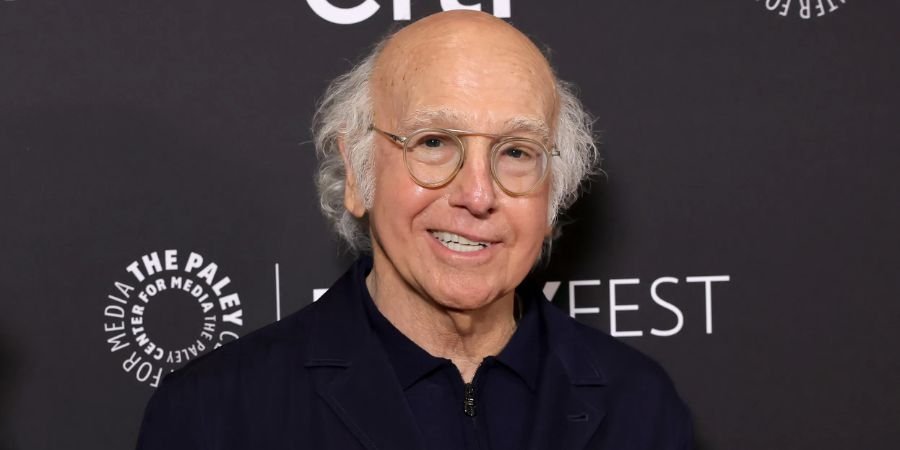Cloud platforms have redrawn the map of modern IT. What once lived in data centers is now scattered across invisible grids—elastic, scalable, and always shifting. This evolution hasn’t just changed where systems live; it’s changed how they breathe. With every migration and microservice, the operational landscape becomes more entangled.
Security threats don’t knock anymore—they slip in quietly, adapting just as fast as the defenses trying to catch them. And while cloud solutions promise agility, they arrive with their own chaos: a relentless stream of updates, compliance hurdles, and unpredictable cost spikes that can turn any month-end into a scramble. The infrastructure, once fixed and familiar, is now a moving target.
Technology is evolving. But not everyone steering it is. Too often, leadership still thinks in old frameworks—treating cloud migration as a checklist item, underestimating the pace of risk, and leaving frontline teams to patch the gaps. Many organizations fall into the trap of assuming that technical problems can be solved with technical fixes alone.
What’s missing isn’t tools. It’s insight. What’s lacking isn’t budget. It’s a mindset shift—a rare blend of empathy, strategy, and hands-in-the-mud experience that can guide teams through complexity without losing clarity.
This is where Dewald Badenhorst steps in—not just as a CTO, but as someone who’s earned every rung of the ladder he stands on. His leadership isn’t born of buzzwords or boardroom theory—it was forged through decades of doing the work, building systems, migrating platforms, and navigating crises with calm precision.
A Relentless Climb
Dewald’s path to becoming the Chief Technology Officer of Infrastructure Operations and Shared Platforms at Old Mutual Insure is one shaped by resilience, dedication, and a commitment to continual growth.
Unlike many peers who stepped out of school with the option to study further or explore opportunities abroad, Dewald faced a different reality. At the age of 17, following the loss of his father, he took on the responsibility of supporting his mother. Without the privilege of higher education, he entered the workforce at the ground level and began the long climb up the corporate ladder. He never let his circumstances define him—instead, he turned them into motivation. He credits his rise not only to personal determination but also to the managers and mentors who recognized his potential and gave him opportunities to grow.
His introduction to the IT world came over three decades ago at Dexdata, the technology arm for Prestasi Brokers. This early exposure laid the foundation for his passion in the field. Shortly afterward, a broker from the firm invited him to manage their IT operations, while also introducing him to the short-term insurance sector—a dual exposure that would shape his future direction.
Dewald then joined another company where he initially worked in the claims department. However, just four months in, he was transitioned into IT. Over the next decade, he expanded and led the IT department, growing it to a team of 17 skilled professionals.
His career continued its upward trajectory when he was approached by Telesure Investment Holdings. Initially brought in to manage business continuity, he quickly found himself assuming additional responsibilities. In a short span, he was entrusted with leading the security team, followed by service management, facilities, and eventually infrastructure. Dewald’s willingness to embrace change, challenge himself, and maintain a learner’s mindset allowed him to evolve with each role. He believes that senior leaders saw leadership qualities in him, which led to these continued expansions of responsibility.
After a successful 10-year tenure at Telesure, Dewald was invited to join Old Mutual Insure as Head of Service Management and Infrastructure. His role on the broader IT management committee opened the door to further opportunities, which he embraced with the same hunger to learn and drive impact. His passion for people and his ability to energize teams made him a natural leader.
Feathers in His Cap
Among his most notable accomplishments at Old Mutual Insure are three significant, high-pressure projects:
- Leading the relocation of staff from the city center to Parktown
- Managing two data center migrations to Teraco
- Overseeing a critical cloud migration, moving the TIA platform from on-premise infrastructure to two separate cloud environments—Oracle Cloud Infrastructure (OCI) and Amazon Web Services (AWS)
Each of these initiatives came with tight deadlines and immense pressure, but they played to Dewald’s strengths. He thrives under challenging conditions, especially when it involves keeping teams engaged, focused, and motivated through complex transitions.
Dewald’s story is a powerful reminder that leadership is not always born in boardrooms or university halls. Sometimes, it begins with grit, grows through opportunity, and flourishes through a relentless drive to learn, serve, and lead by example.
The Silent Syntax of Leadership
Dewald describes his leadership style as empathetic and grounded in the values of servant leadership. As his journey evolved from technical beginnings to senior leadership, so did his perspective on what truly drives effective teams—trust, empowerment, and shared purpose.
For Dewald, leadership is not about being the smartest in the room, but about surrounding yourself with people you trust and believe in—people who bring strengths that complement your own. “You have to hire people who are smarter than you,” he often says. He’s intentional about building alignment, ensuring that his team fully embraces the strategic vision shaped by the IT Management Committee each year. That unity is captured in a guiding motto he stands by: “One Goal, One IT Team.”
He places high value on providing opportunities for growth. Dewald knows that when people aren’t challenged, they stagnate—and when they stagnate, they often move on. That’s why creating space for development is a priority. It’s also why he takes pride in the fact that several people who left Old Mutual Insure later returned, drawn back by the environment he helped nurture—an environment built on trust, collaboration, and forward momentum.
Dewald’s leadership ethos has been shaped by personal experience. Throughout his career, he’s worked under a variety of managers—some excellent, others less so. Each of those experiences offered lessons that helped shape the kind of leader he wanted to become. Today, Dewald leads with clarity, empathy, and a focus on building teams that not only deliver results but also grow stronger together.
Building a Future-Ready IT Infrastructure
To ensure that Old Mutual Insure’s IT infrastructure remains resilient and future-focused, Dewald places strong emphasis on staying informed, connected, and open to innovation. He actively engages with the company’s technology partners, relying on their regular roadmaps and strategic insights to anticipate shifts and align accordingly.
Beyond vendor collaboration, Dewald is deeply involved in wider industry conversations. He frequently connects with IT professionals across various networks and circles, gaining real-time perspectives on emerging trends and technologies. He also makes a point to attend webinars and virtual summits, which offer access to global insights without the need for extensive travel.
A lifelong learner at heart, Dewald dedicates time to reading, exploring new platforms, and understanding the possibilities that come with evolving technologies. But just as importantly, he believes in empowering his team to do the same. “You need more eyes on the ground,” he often says. For Dewald, creating space for the team to explore and innovate is critical—not just for professional development, but also for building an infrastructure that can adapt and thrive well into the future.
Overcoming the Hurdles of Cloud Modernization
Overseeing a large and diverse technology ecosystem comes with its fair share of challenges, and Dewald is no stranger to navigating that complexity. While Old Mutual Insure once relied on Oracle Supercluster, those platforms have since been transitioned to the cloud—a move that reflects Dewald’s commitment to modernization and scalability.
However, embracing cloud technologies isn’t without its hurdles. Dewald points out that staying current with the rapid evolution of cloud solutions is a demanding responsibility. Balancing risk, cost, and regulatory compliance is a constant exercise in precision. He’s quick to note that while cloud platforms offer agility, they aren’t inherently cheaper. Unlike traditional models, cloud infrastructure introduces a consumption-based cost structure, requiring meticulous daily oversight of operational expenses.
Security remains one of the most pressing concerns. Dewald acknowledges that there will always be external actors probing for vulnerabilities, which means a strong, constantly evolving security posture is non-negotiable. “Security keeps us awake,” he says—emphasizing its place at the top of the priority list.
To meet these challenges head-on, Dewald champions continuous learning—both for himself and his team. Staying relevant through training and certification isn’t optional; it’s essential. In an environment where change is constant and the stakes are high, keeping skills sharp is key to managing risk, maintaining resilience, and delivering value across the organization’s vast IT landscape.
Lessons from a Seamless Large-Scale IT Transition
Relocating 2,300 staff and executing a complete data center migration with zero business disruption is an achievement few can claim—and for Dewald, it stands as one of the most defining chapters in his leadership journey. The scale was immense, and the stakes were high, but his approach remained grounded in one unwavering principle: meticulous planning.
“Planning, planning, planning,” he often says, reflecting on the depth of preparation that went into the project. Dewald emphasized the importance of rigorous technical testing ahead of the go-live, ensuring every element was stress-tested and nothing left to chance.
Yet, the technical hurdles were only one part of the challenge. Shifting mindsets proved equally significant. Many stakeholders, including executives, doubted that a seamless transition was even possible. Changing that narrative—and instilling belief in the vision—became one of the most powerful motivators for Dewald and his team. The skepticism didn’t discourage them; it fueled their determination. Long nights, detailed coordination, and personal sacrifices became part of the journey.
The success of the project didn’t just demonstrate technical excellence—it built trust. When executives offered their congratulations, it wasn’t just a gesture of appreciation—it was a recognition of capability. For Dewald, it reinforced a crucial leadership lesson: when you guide a team through the seemingly impossible and deliver, it builds credibility that lasts. That credibility becomes the foundation for tackling the next big challenge with confidence and a proven sense of purpose.
Leading Through the Unseen
Dewald’s leadership during the COVID-19 pandemic became a defining chapter in his career. Amid widespread uncertainty, he discovered that resilience is deeply rooted in mindset. For him, success lies in the ability to embrace change and meet adversity with determination. He encouraged his team to treat every challenge as a chance to innovate—believing that for every obstacle, there are always multiple solutions.
The crisis also shifted how infrastructure is managed. Dewald and his team demonstrated that critical platforms could be operated remotely, without needing to be in a data center or office. This discovery reshaped Old Mutual Insure’s operational model. While some call center staff may return to the office due to connectivity issues, Dewald remains confident that hybrid work is here to stay.
Delivering Long-term Value
In recent years, Dewald has overseen Old Mutual Insure’s steady migration toward cloud-based solutions. This evolution has transformed traditional infrastructure roles—where engineers once worked with on-premise systems, they are now becoming cloud-native professionals. While changing these mindsets was initially a challenge, his team quickly embraced the shift once they experienced the flexibility and innovation cloud platforms offer.
He emphasizes continuous learning, encouraging team members to pursue certifications and stay ahead of industry trends. For him, a Cloud Centre of Excellence isn’t just a support structure—it’s essential to delivering long-term value and ensuring cloud adoption translates to business agility.
Balancing Innovation with Cost and Compliance
While cloud offers undeniable benefits—like scalability, faster time to market, and access to emerging technologies—Dewald is clear-eyed about the hidden complexities. Cloud is not automatically cheaper. Operational costs must be monitored daily, and decisions must strike the right balance between cost, risk, and regulatory requirements.
He remains hands-on with the financial and operational implications of new platforms, ensuring that each technological leap aligns with the broader business strategy.
Combating Uncertainty with Cyber Resilience
For Dewald, cybersecurity is a constant—and growing—concern. He doesn’t see cyberattacks as hypothetical threats but as inevitable events that must be proactively mitigated. That’s why he insists on regular hardware refreshes, continuous security updates, and robust review processes.
Every implementation follows “Secure By Design” principles, and every architecture is vetted through the Architecture Governance Board. But perhaps his most unconventional approach is his mindset: he encourages his team to think like hackers. Understanding how threats might exploit vulnerabilities is, in his view, the best way to build defenses that hold.
Driving Service Agility and Business Alignment
For Dewald, effective service management begins with strong business alignment and authentic relationships. He believes that continuous improvement is a non-negotiable principle—teams must always push boundaries to elevate service delivery. Setting clear SLAs and conducting regular review meetings are essential tools for keeping service teams responsive and agile.
When failures occur, Dewald emphasizes the importance of showing up and taking accountability. “You must be present when service delivery falters and actively think of ways to prevent it from happening again,” he notes. In his view, credibility built over time through a proven service track record becomes invaluable when navigating challenges.
Upholding the Ethic of Leadership
With more than 3,300 employees relying on Old Mutual Insure’s IT services daily, Dewald understands the weight of responsibility. Yet he acknowledges a universal truth: “You can do your best, but you’ll never satisfy everyone.”
His guiding philosophy is grounded in fairness and consistency. He believes the individual with the least qualifications deserves the same respect and service as the CEO. Dewald also upholds a deeply personal leadership ethic:
- Be available 24/7
- Return missed calls and messages
- Honour every commitment
- Always provide consistent feedback
This hands-on and human-centered approach has helped him earn trust and maintain operational excellence.
Blueprints for Future IT Leaders
When speaking to aspiring IT professionals, Dewald offers a grounded perspective: leadership isn’t for everyone, and that’s okay. Choosing between a management path and a specialist path is a critical career decision.
“For those who choose management, understand the weight it carries. You’re responsible not just for your team, but for their families too. You must answer the hard questions and never shift blame—you must own it.”
He emphasizes the importance of continuous learning despite the challenge of finding time. Above all, he encourages future leaders to listen—truly listen—before responding. “It’s human nature to react quickly, but taking a moment to listen and reflect is what sets great leaders apart,” he says.
Learning from both good and bad managers has shaped Dewald’s leadership journey, and he encourages others to use every experience to build their own professional brand.
A Note to His Younger Self
Looking back on his career, Dewald admits that if he could offer one piece of advice to his younger self, it would be to invest more time in formal education. He reflects that an MBA would have been a valuable, albeit difficult, pursuit. “Family commitments made it hard to dedicate the required effort, but I still sometimes think about what that path might have looked like.”
Even so, Dewald has no regrets. He is immensely proud of what he has achieved and remains deeply grateful for the opportunities he’s been given. “Practical experience,” he says with conviction, “can’t be bought.”
Read Also: Africa’s Tech Visionaries CTOs Leading Innovation in 2025








